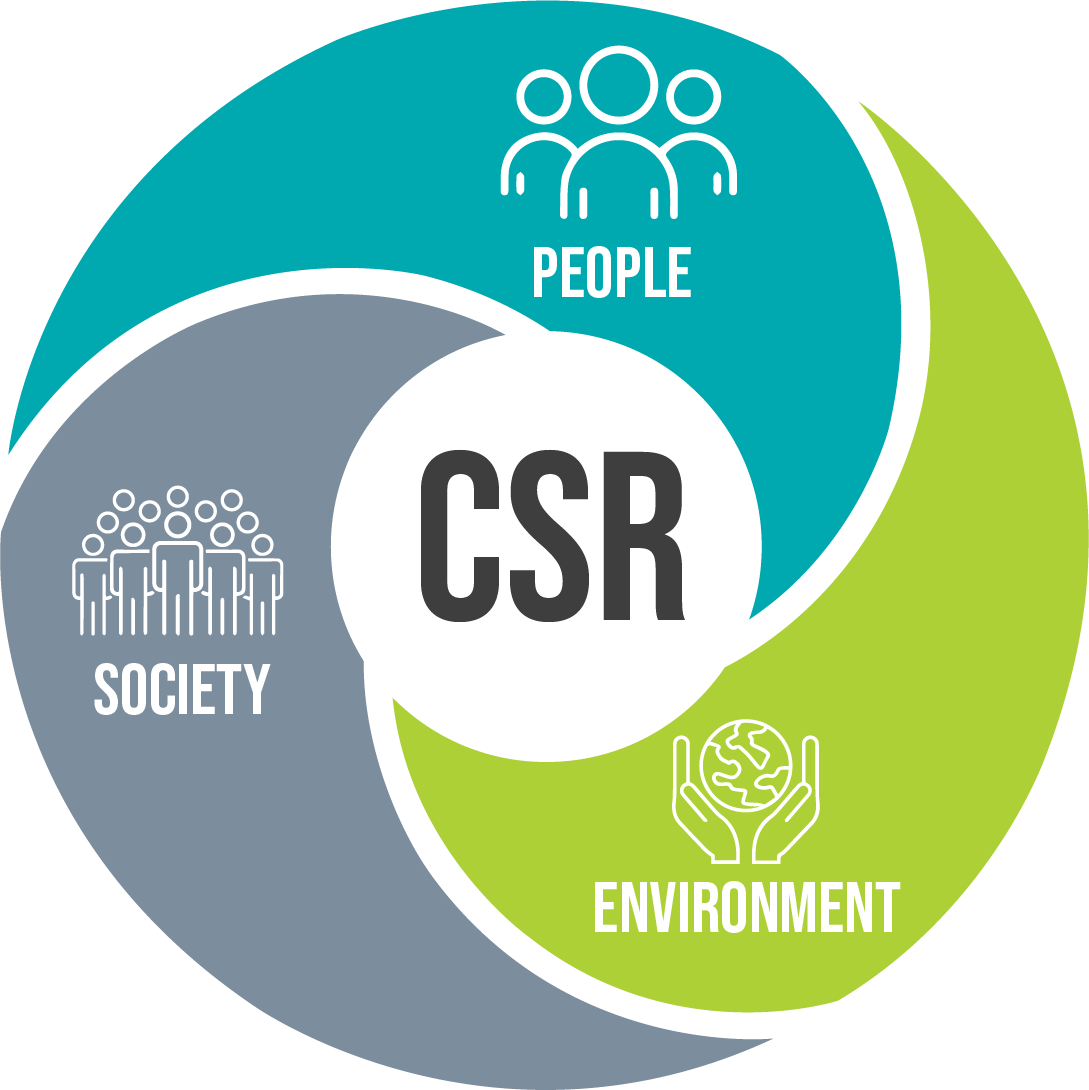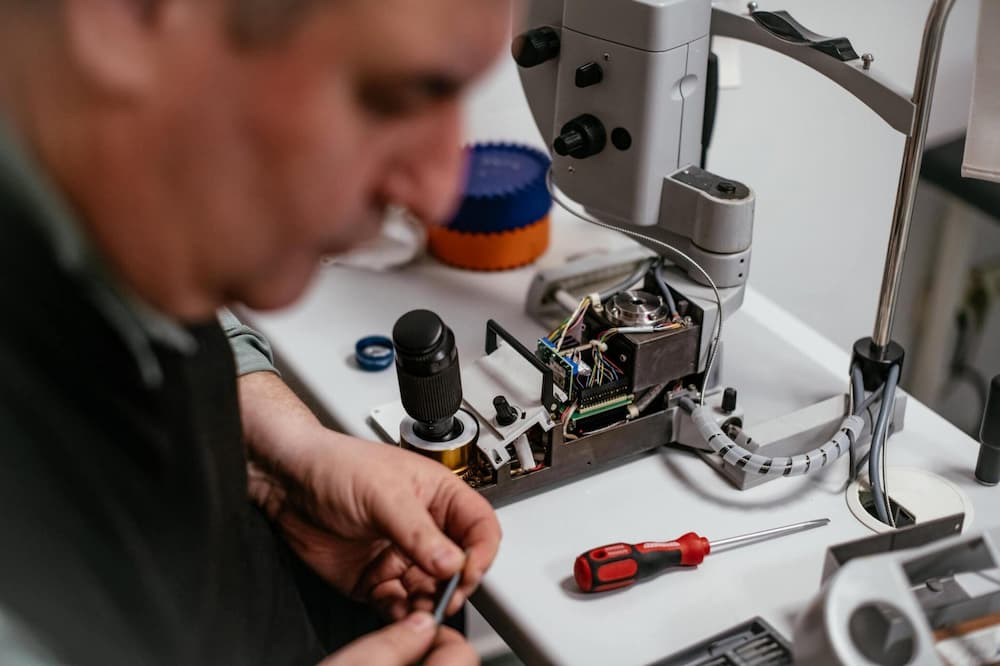Laser treatment has gained popularity in recent years as a versatile solution for various skin conditions and cosmetic concerns. However, despite its efficacy, there exist numerous myths and misconceptions surrounding this innovative procedure. In this article, we aim to debunk these myths and provide readers with accurate information to make informed decisions about laser treatment.
Understanding Laser Treatment
Laser treatment utilizes focused light beams to target specific areas of the skin, allowing for precise treatment of various conditions. From acne scars to unwanted hair and even tattoo removal, lasers offer a non-invasive and effective solution for a range of dermatological issues. The procedure is performed by trained professionals and is known for its minimal discomfort and downtime.
Common Myths Surrounding Laser Treatment
Myth 1: Laser treatment is painful.
Contrary to popular belief, laser treatment is generally well-tolerated by patients. Modern advancements in technology have led to the development of devices equipped with cooling mechanisms to minimize discomfort during the procedure.
Myth 2: Laser treatment causes scarring.
While improper use of lasers or inadequate aftercare may result in adverse effects such as scarring, when performed by experienced practitioners, laser treatment is safe and unlikely to cause scarring.
Myth 3: Laser treatment is only for cosmetic purposes.
While laser treatment is indeed popular for cosmetic enhancements, it also has therapeutic applications in dermatology. From treating vascular lesions to skin rejuvenation, lasers can address various medical conditions as well.
Debunking the Myths
Each of the aforementioned myths stems from misinformation and outdated perceptions. In reality, laser treatment has evolved significantly, with technology advancements ensuring both safety and efficacy. Pain during treatment is minimized through various means, including numbing creams and cooling devices. Additionally, scarring is rare when the procedure is performed by qualified professionals using appropriate settings.
Realistic Expectations from Laser Treatment
It’s essential for individuals considering laser treatment to have realistic expectations regarding results and potential side effects. While lasers can achieve remarkable improvements in skin appearance, multiple sessions may be required for optimal outcomes. Moreover, patients should be aware of possible side effects such as redness and swelling, which typically subside within a few days post-treatment.
Factors to Consider Before Opting for Laser Treatment
Before undergoing laser treatment, several factors should be taken into account. Skin type, medical history, and the specific condition being treated all play a role in determining suitability for the procedure. Consulting with a qualified practitioner is crucial to assess individual needs and develop a personalized treatment plan.
The Importance of Choosing a Qualified Practitioner
Selecting a reputable and experienced practitioner is paramount when considering laser treatment. Researching credentials, reading patient reviews, and ensuring the facility adheres to safety standards are essential steps in finding the right provider. By choosing a qualified professional, patients can minimize risks and maximize the likelihood of satisfactory outcomes.
Case Studies and Success Stories
Numerous success stories attest to the effectiveness of laser treatment in addressing various skin concerns. From acne scar reduction to hair removal, patients have reported significant improvements in their skin’s appearance and texture following laser procedures. These real-life examples serve as testimonials to the transformative power of laser technology.
Post-Treatment Care and Maintenance
To prolong the benefits of laser treatment, proper post-treatment care is crucial. This may include avoiding sun exposure, using gentle skincare products, and adhering to any specific instructions provided by the practitioner. By following these guidelines, patients can optimize results and minimize the risk of complications.
Alternative Treatment Options
While laser treatment offers numerous benefits, it may not be suitable for everyone. Individuals with certain medical conditions or skin types may require alternative treatment options. Consulting with a dermatologist can help explore alternative solutions tailored to individual needs and preferences.
Cost Considerations
The cost of laser treatment varies depending on factors such as the type of procedure, the number of sessions required, and the geographic location of the treatment facility. While laser treatment may require a significant initial investment, many patients find it to be a worthwhile long-term solution compared to ongoing expenses associated with other treatments.
Conclusion
In conclusion, laser treatment is a safe and effective option for addressing a wide range of skin concerns. By debunking common myths and misconceptions surrounding laser treatment, individuals can make informed decisions about their skincare journey. By consulting with qualified professionals, managing expectations, and following proper aftercare protocols, patients can achieve the desired results and enjoy radiant, healthy skin.
FAQs
1. Is laser treatment suitable for all skin types?
Laser treatment can be tailored to accommodate various skin types and tones. However, individuals with certain medical conditions or skin sensitivities may not be suitable candidates. Consulting with a dermatologist is the best way to determine eligibility for laser treatment.
2. How many sessions are typically required for laser treatment?
The number of sessions required varies depending on the specific condition being treated, as well as individual factors such as skin type and response to treatment. On average, patients may need anywhere from three to six sessions spaced several weeks apart to achieve optimal results.
3. Are there any side effects associated with laser treatment?
While laser treatment is generally safe, some temporary side effects may occur, including redness, swelling, and minor discomfort. These effects typically subside within a few days post-treatment. Serious complications are rare when the procedure is performed by a qualified professional.
4. How long do the results of laser treatment last?
The longevity of results from laser treatment varies depending on factors such as the specific condition being treated, individual skincare habits, and environmental factors. In many cases, results can last for several months to years with proper maintenance and follow-up treatments as needed.
5. Can laser treatment be combined with other skincare procedures?
Yes, laser treatment can be combined with other skincare procedures to enhance results or address multiple concerns simultaneously. Your dermatologist can recommend the most appropriate combination of treatments based on your unique skincare goals and needs.













